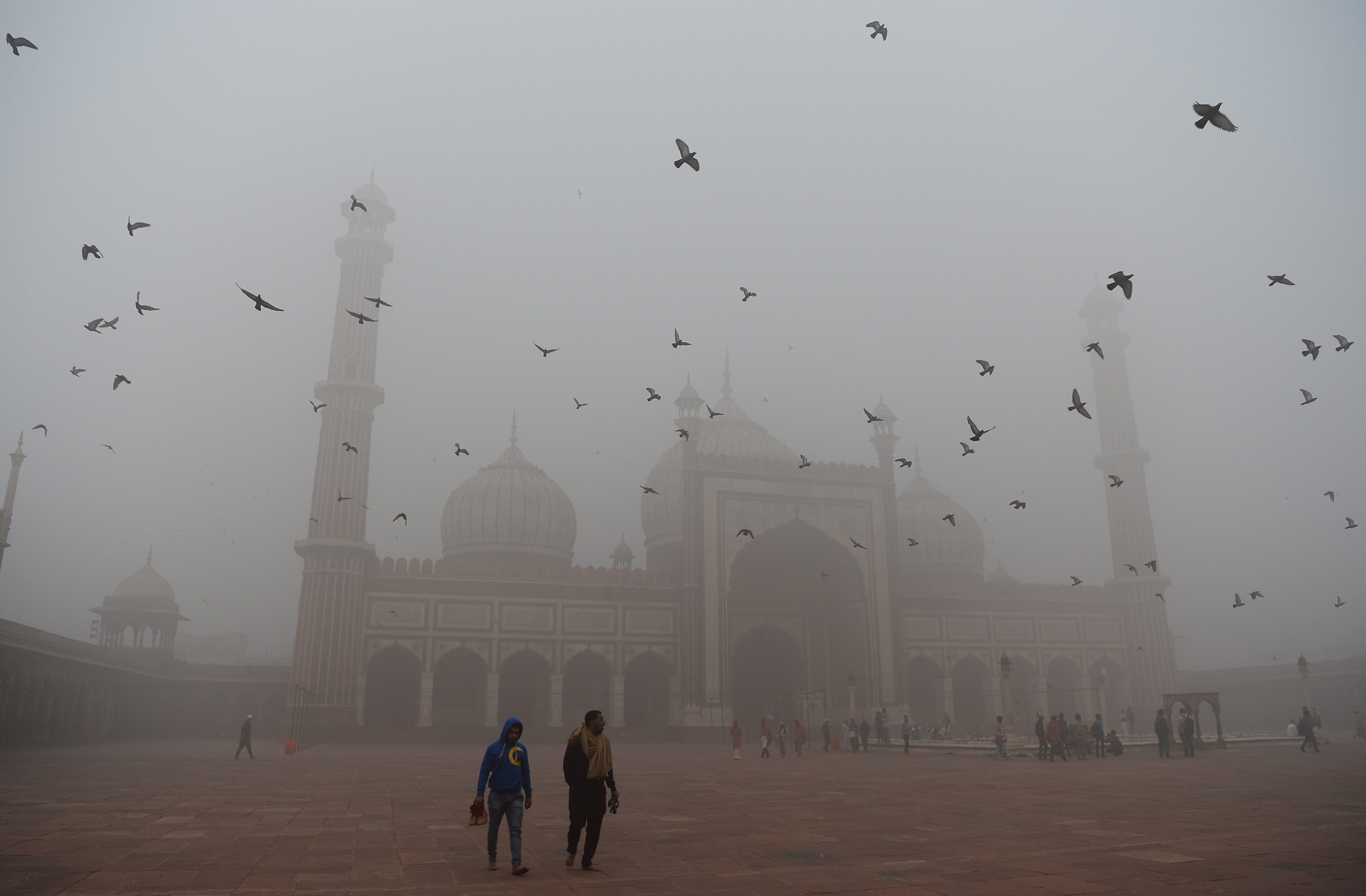
We can no longer feed our population a healthy diet while balancing planetary resources. For the first time in 200,000 years of human history, we are severely out of sync with the planet and Nature.

A Caribbean island once full of lush trees and teeming with wildlife is nearly completely deforested and undergoing a mass extinction event. More than half of the country's species predicted to be gone by 2035.

The travel industry keeps growing. There were an estimated 1.3 billion international arrivals in 2017 and that will only increase as more people view travel as a right, rather than a luxury.

UK report has found that spending one hour on the London tube is more toxic than spending all day on above ground in ambient London air.

U.S. researchers have discovered that air pollution increases the risk of miscarriage as much as smoking does. The study is the first of its kind to examine how short-term exposure to air pollution impacts pregnancy.

Ocean heating is critical marker of climate change because an estimated 93 percent of the excess solar energy trapped by greenhouse gases accumulates in the world's oceans.

Poisonous particulate matter known as PM 2.5 hit 500 in some parts of New Delhi, with very poor visibility in some areas. Last year, the high was 450 on Dec 23. The recommended level of PM2.5 in western countries is 25.

New research suggests men in their child-bearing years should consider how THC could impact their sperm and possibly the children they conceive during periods when they've been using the drug.

A new study suggests there’s another, more subtle consequence of antibiotic use, at least in young people: a higher risk of developing serious mental illnesses like obsessive-compulsive disorder and schizophrenia.

Nine and 10-year-old kids spending more than seven hours a day using smart devices show signs of premature thinning of the cortex, the brain's outermost layer that processes sensory information.

Renewable energy capacity has hit record levels and global coal use may have already peaked. But the world's CO2 emissions from fossil fuels increased in 2018, and the trend places global warming targets in jeopardy.

Dutch research have now found a correlation between the passive use of social media ( aimlessly scrolling through social media feeds ) and depression symptoms like loneliness and fatigue.

Scientists have an imprecise understanding of the obscure phenomenon of mass whale strandings, when large numbers of the marine mammals suddenly beach themselves — often their final acts.

Average concentrations of carbon dioxide hit new highs of 405.5 parts per million (ppm) in 2017, up from 403.3 ppm in 2016 and 400.1 ppm in 2015, levels not seen for millions of years.

UN General Assembly president Maria Fernanda Espinosa: 17 of the 18 hottest years on record had occurred since 2001 and that the cost of climate-related disasters in 2017 topped $500 billion.